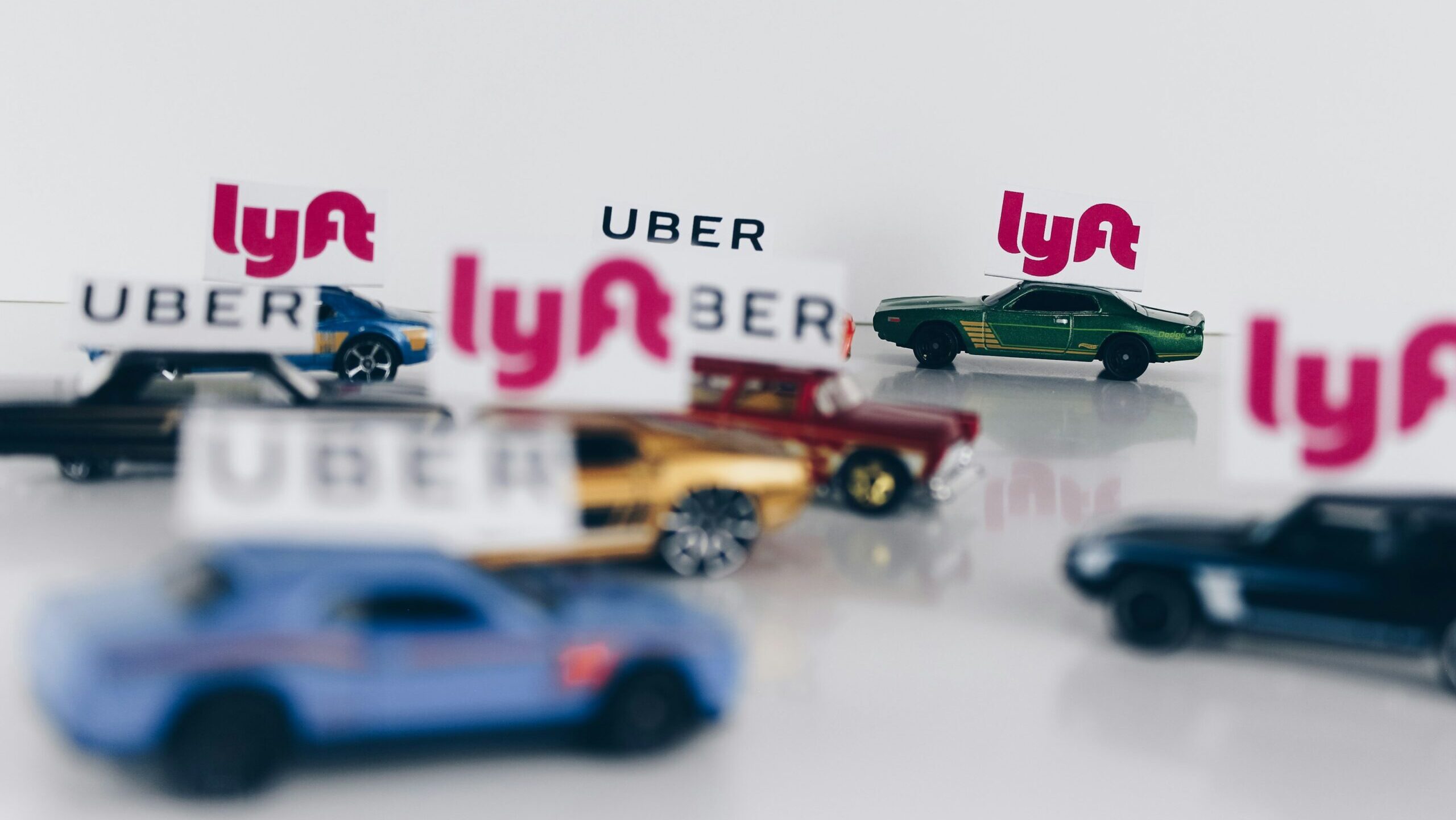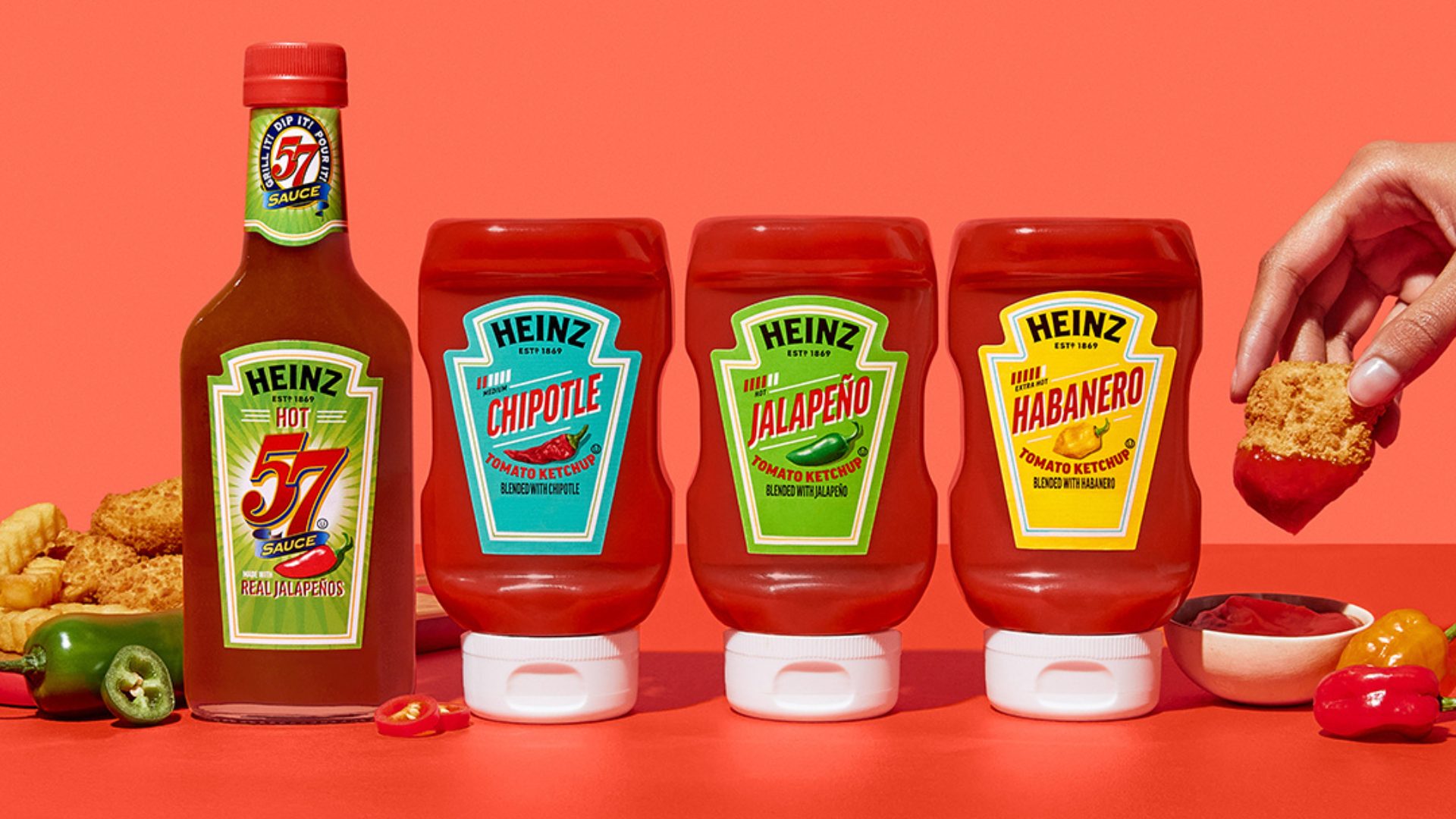An agreement by Uber and Lyft in Massachusetts to pay a minimum wage of $32.50 an hour plus some benefits to drivers takes the minimum wage debate to a new level and raises questions about what it will mean to other sectors.
The two ride-share companies are trying to protect their gig-worker models, which classify their drivers as independent contractors rather than employees. Studies have shown many drivers had been working for less than minimum wage once insurance, maintenance and other costs were considered.
“Today, in resolving a longstanding lawsuit in Massachusetts, we have reached an agreement with Attorney General Andrea Campbell that gives drivers access to new protections and benefits, including the nation’s first portable health insurance benefit fund, while preserving their ability to work independently,” Uber said in a statement June 28.
“This agreement is an example of what independent, flexible work with dignity should look like in the 21st century.”
Potential Food Industry Impact
Sam Zietz, CEO at GRUBBRR, said he’s not surprised by the Massachusetts agreement, and if minimum wage rises to the same level in other sectors, especially food, we’ll see an increase in automation and a reduction in the number of jobs available.
“We saw California lead the way this year in wage hikes with its law that boosted fast food hourly pay to $20. In fact, our company saw a more than 50% uptick in self-service tech interest out of the state immediately following the move,” Zeitz told The Food Institute.
“It isn’t surprising that more states are following suit. …”
Experts told FI the Uber and Lyft models are unique to the low-wage sector since those jobs are not easily replaced with automation.
States have taken the lead in raising the minimum wage in the face of inaction on the federal level where the floor remains at $7.25, the level to which it was raised in 2009. In today’s dollars, that would be about $10.30 an hour.
But many jurisdictions aren’t satisfied with increasing the minimum wage to account for inflation. Rather, the push has been for a living wage, plus benefits. The District of Columbia currently has the highest minimum wage at $17 an hour. California has raised the minimum for fast-food workers to $20.
The Big Picture
“We’re already seeing the replacement of human employees with self-checkout kiosks in restaurants, grocery stores and pharmacies in states like California and in the Pacific Northwest,” said Dan Gallagher, VP of operations for Aegle Nutrition.
“Other businesses are trying to keep from laying off employees by cutting back their hours, which leaves the employees with either the same amount of money each month, or less.
“This is a clear example of a policy sounding great on paper, but in practice, it does more harm than good for the people it’s meant to help.”
In addition to health insurance, the Massachusetts agreement provides for disability insurance, paid sick leave and family leave insurance, as well as account deactivation appeals and multilingual chat support.
The Food Institute Podcast
Tom Hamill, a food and beverage senior analyst for RSM US LLP, joined The Food Institute Podcast to recap the 2024 Summer Fancy Food Show. Hamill shares his thoughts on burgeoning trends from the show and how emerging specialty food brands can best navigate economic factors in the years to come.












